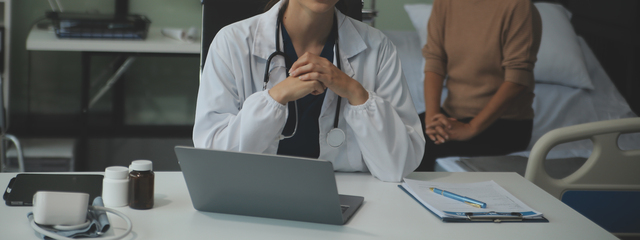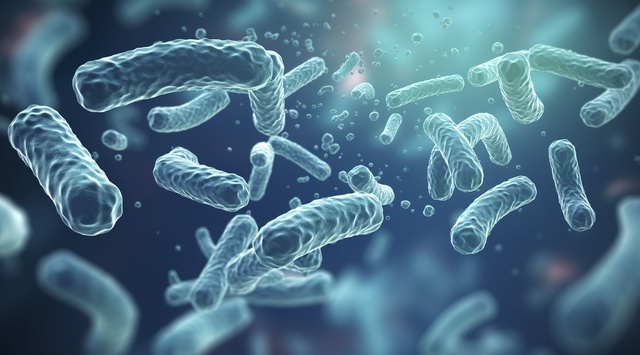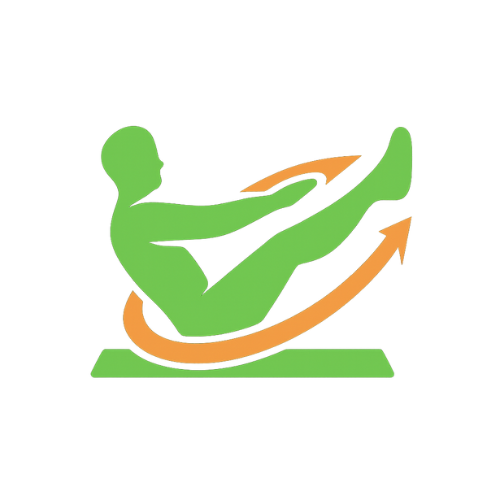Reading time: 5 minutes
Constipation might seem like a minor inconvenience, but it’s often the starting point for more severe health issues.
Addressing this condition is essential for maintaining overall wellness and preventing chronic diseases.
In this comprehensive guide, we’ll explore the causes, complications, and practical solutions to relieve constipation naturally and sustainably.

What is Constipation?
Constipation, often referred to as “intestinal blockage,” occurs when bowel movements become infrequent or difficult to pass.
It’s a condition signaling that the body is out of balance and struggling to eliminate toxins effectively.
If left untreated, constipation can lead to inflammation and more severe health risks.
Top Causes of Constipation
Our modern lifestyle is a significant contributor to constipation. Here’s why:
1. Poor Diet
A diet low in fiber and high in processed foods deprives the digestive system of the nutrients needed for smooth bowel movements. Sugary, greasy, and low-nutrient meals exacerbate the issue by feeding harmful gut bacteria.
2. Dehydration
Not drinking enough water thickens stool, making it harder to pass. Proper hydration is crucial for keeping bowel movements regular.
3. Lack of Physical Activity
A sedentary lifestyle slows down the digestive system. Movement is essential for stimulating intestinal contractions that aid in waste elimination.
4. Ignoring the Urge to Go
Delaying bathroom trips disrupts the body’s natural rhythms, worsening constipation over time.
5. Stress and Poor Sleep
High stress levels and irregular sleep patterns increase cortisol production, which can negatively affect gut health and bowel movements.
The Link Between Constipation and Inflammation
Chronic constipation often triggers low-grade inflammation in the body.
This condition, affecting over 40% of people globally, compromises the immune system and opens the door to non-communicable chronic diseases (NCDs) like diabetes, cardiovascular problems, and autoimmune disorders.
What Causes Inflammation During Constipation?

When toxins remain in the intestines for too long, they irritate the gut lining and disrupt the balance of gut bacteria.
This imbalance, known as dysbiosis, contributes to chronic inflammation, creating a vicious cycle that worsens overall health.
The Role of Gut Bacteria in Digestive Health
Your gut is home to two main types of bacteria:
- Fermentative Bacteria (Good Guys):
- Build intestinal structures.
- Transport nutrients into the bloodstream.
- Putrefactive Bacteria (Troublemakers):
- Break down leftover food but can produce harmful by-products.
A healthy gut should have about 85% fermentative bacteria and 15% putrefactive bacteria. However, poor dietary choices can shift this balance, leading to dysbiosis and chronic constipation.
How to Relieve Constipation Naturally
Relieving constipation requires a holistic approach, combining dietary changes, lifestyle adjustments, and natural remedies. Here’s your complete guide:
1. Eat Fiber-Rich Foods
Dietary fiber is essential for smooth digestion. Aim to include:
- Fruits: Papaya, oranges, prunes, and pumpkin.
- Vegetables: Broccoli, spinach, and carrots.
- Whole Grains: Oats, quinoa, and brown rice.
Pair these with plenty of water to avoid hard stools.
2. Stay Hydrated
Drink at least 8-10 glasses of water daily. Herbal teas, like chamomile or peppermint, can also help relax the digestive system and promote regularity.
3. Incorporate Fermented Foods
Fermented foods are rich in probiotics, which boost the population of fermentative bacteria in the gut. Examples include:
- Natural yogurt.
- Kefir.
- Sauerkraut.
- Kimchi.
- Kombucha.
These foods are rich in probiotics, which help restore the balance of healthy bacteria in your gut.
4. Get Moving
Exercise helps stimulate the muscles of the digestive tract. Activities like walking, yoga, and swimming are particularly effective in promoting regular bowel movements.
5. Prioritize Sleep
A good night’s sleep is vital for hormonal balance and digestive health. Aim for 7-9 hours of quality sleep each night to keep your body functioning optimally.
6. Respond to Your Body
Never delay the urge to go. Ignoring it can lead to stool hardening and worsen constipation over time.

Additional Tips to Avoid Long-Term Dependence on Laxatives
Many people resort to over-the-counter laxatives for quick relief, but these can have harmful side effects:
- Damage the intestinal lining.
- Create dependency.
- Cause dehydration and other side effects.
Instead, opt for natural alternatives and consult a healthcare professional for severe cases.
Complications of Untreated Constipation
Chronic constipation can lead to several severe health issues, including:
- Hemorrhoids caused by straining.
- Anal fissures from passing hard stools.
- Fecal impaction requiring medical intervention.
- Increased risk of developing chronic diseases like diabetes and heart disease.
Understanding these risks highlights the importance of addressing constipation promptly and effectively.
How to Break the Cycle of Dysbiosis
Dysbiosis disrupts gut balance and leads to constipation. Here’s how to restore harmony:
- Eat prebiotic-rich foods: Garlic, onions, and bananas to feed good bacteria.
- Use probiotics: Supplements can help restore bacterial balance.
- Avoid processed foods: These feed harmful bacteria and worsen dysbiosis.
Final Checklist for Relieving Constipation
Follow these steps consistently to maintain a healthy digestive system:
- Drink plenty of water.
- Eat a diet rich in fiber and fermented foods.
- Exercise regularly.
- Get enough sleep.
- Avoid delaying bathroom trips.
- Limit processed foods and sugar.
Conclusion
Constipation might be a common issue, but it’s not something to ignore. Chronic constipation can have far-reaching effects on your overall health, from causing discomfort to increasing the risk of chronic diseases.
The good news?
Simple lifestyle changes and natural remedies can make a world of difference. By eating right, staying active, and managing stress, you can keep your digestive health on track and prevent constipation from becoming a recurring problem.
FAQs
1. How much fiber should I eat daily to avoid constipation?
Adults should aim for 25-30 grams of fiber daily from fruits, vegetables, and whole grains.
2. Can stress cause constipation?
Yes, high stress levels can disrupt gut function and slow digestion, leading to constipation.
3. Are laxatives safe for regular use?
Laxatives should only be used occasionally. Overuse can damage the intestinal lining and create dependency.
4. What are the best drinks for constipation relief?
Water, herbal teas, and fermented drinks like kombucha or Zenkko Juice are excellent choices for promoting bowel movements.
5. How long does it take to relieve constipation naturally?
With proper dietary and lifestyle adjustments, most cases of constipation can improve within a few days to a week.



